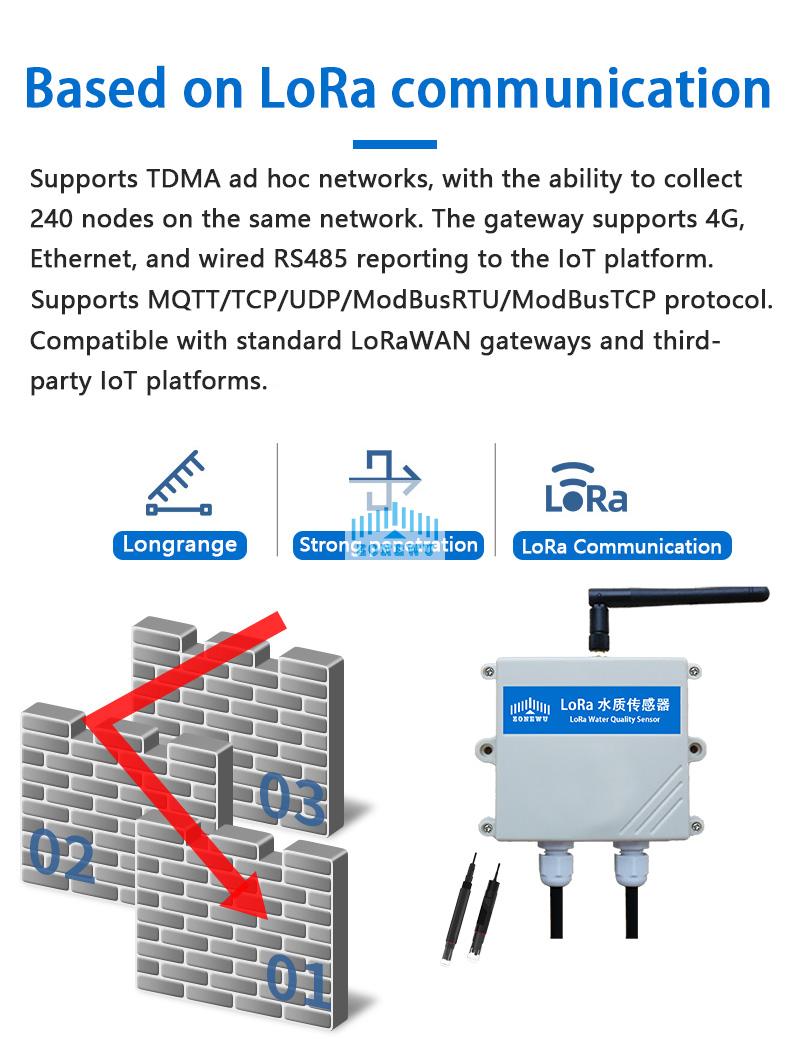In the vast field of modern technology and industrial production, temperature measurement is undoubtedly a crucial link. From sophisticated electronic equipment to huge industrial production lines, temperature sensors as the "eye" to sense and monitor temperature changes, its importance is self-evident. However, in the face of the wide variety of temperature sensors in the market, how to choose the most suitable one for their needs has become a difficult problem faced by many engineers and technicians.
The mystery of the temperature measurement
Temperature, a seemingly simple physical quantity, actually contains rich scientific connotation. It is the macroscopic embodiment of the moving state of microscopic particles of matter and the basic parameter of thermal phenomena. From daily life to cutting-edge technology, temperature measurement is everywhere, whether it is cooking food, adjusting room temperature, monitoring the operation state of equipment and ensuring safety production, it is inseparable from the precise help of temperature sensors. Therefore, choosing a suitable temperature sensor is crucial to ensure the accuracy and reliability of the measurement results.
Selection elements of the temperature sensor
Measurement range and precision The measurement range and precision of temperature sensors are the first factors to consider when choosing. Different application scenarios have different requirements for the temperature range and accuracy. For example, in a high temperature furnace, it is necessary to choose a thermocouple sensor that can withstand a high temperature, and in a low temperature environment, a thermistor or semiconductor temperature sensor is more applicable. Therefore, when choosing a temperature sensor, it is important to clarify your measurement requirements to ensure that the selected sensor can meet the requirements of accuracy and range.
Response time and stability Response time and stability are important indicators of temperature sensor performance. Response time determines the speed at which the sensor responds to temperature changes, and is particularly important for application scenarios requiring rapid response (such as high-speed heating or cooling process). The stability reflects the performance change of the sensor during the long-of use, which is important for the application of long-term monitoring and recording temperature. Therefore, when selecting temperature sensors, attention should be paid to their response time and stability performance to ensure that the sensor can meet the needs of practical applications.
Working environment and robustness Working environment and durability are also important factors to consider when choosing temperature sensors. Different working environments have different requirements on the material, structure and protection level of sensors. For example, in corrosive gas or high humidity environment, it is necessary to choose sensors with special protective design; in environment with more vibration or dust, strong and clean sensors. In addition, the durability of the sensor is also directly related to its service life and maintenance costs, and therefore, these factors should be fully considered when choosing.
Cost and benefits Cost and benefits are economic factors that cannot be ignored when choosing temperature sensors. High-quality temperature sensors usually have higher accuracy and stability, but they are also relatively expensive. Therefore, you need to balance your budget and actual needs to ensure that the selected sensor achieves the best balance between performance and cost. At the same time, the maintenance cost and use effect of the sensor should also be considered to ensure that the selected sensor can bring long-term economic benefits.
In conclusion, the selection of appropriate temperature sensors is a complex decision involving multiple aspects. On the basis of clear measurement requirements, comprehensive consideration of measurement range and accuracy, response time and stability, working environment and durability, and cost and benefit factors, is the key to ensure that the selection of temperature sensors most suitable for their needs. Through scientific and reasonable selection and correct use of methods, we can give full play to the advantages of temperature sensors, and contribute wisdom to the development of modern science and technology and industrial production. In the days ahead, lets work together to explore the infinite possibilities of temperature measurement!

Contact: Qui
Phone: 18146178586
Tel: 18146178586
Email: qui@zonewu.com
Add: 1501-3, Building F03, Phase III, Software Park, Jimei District, Xiamen City, Fujian Province, China
